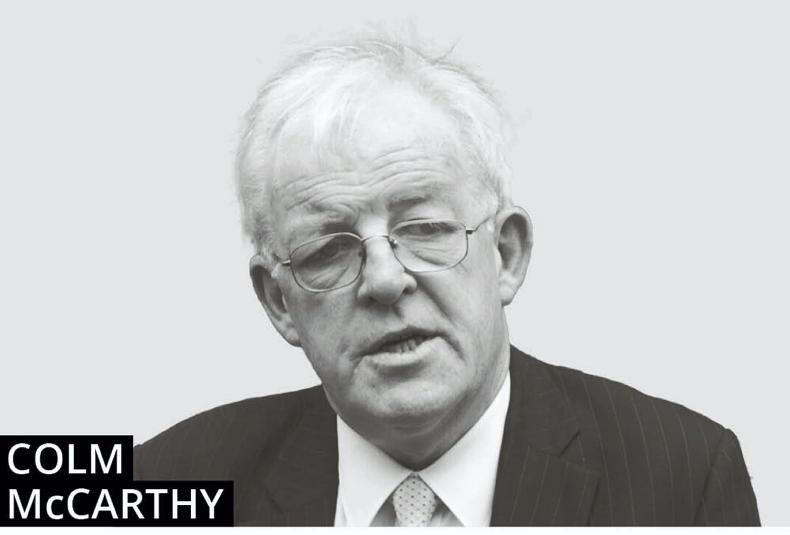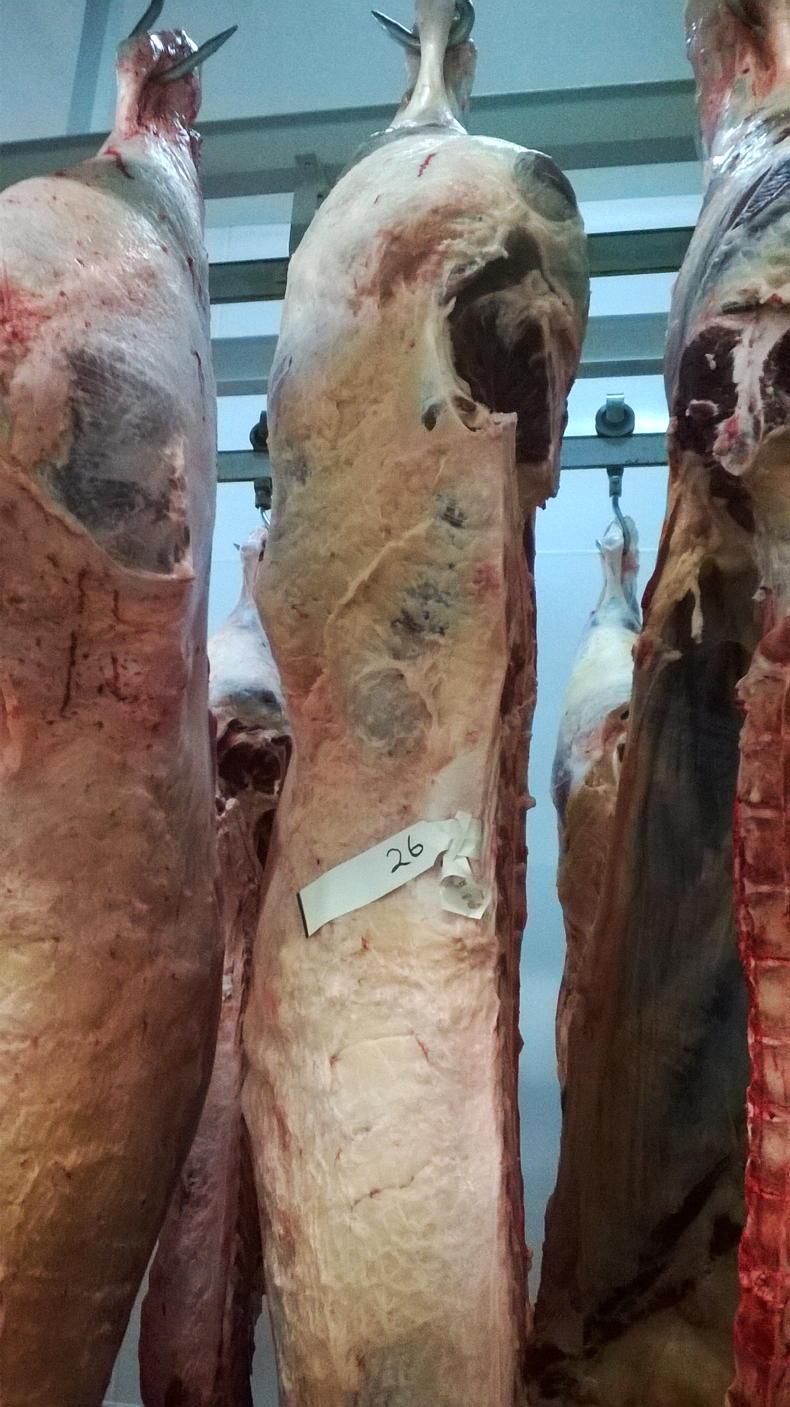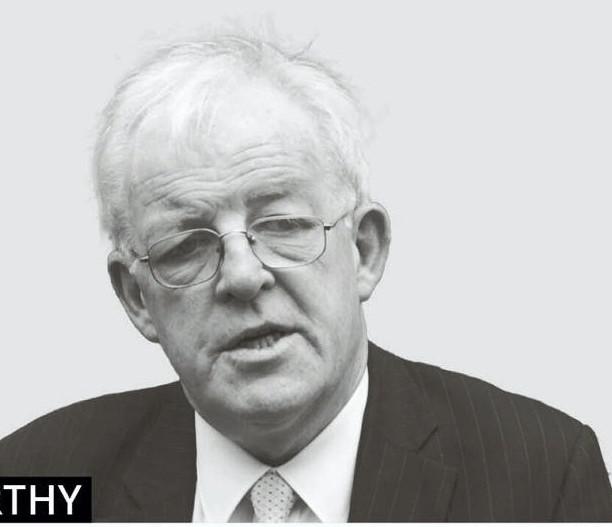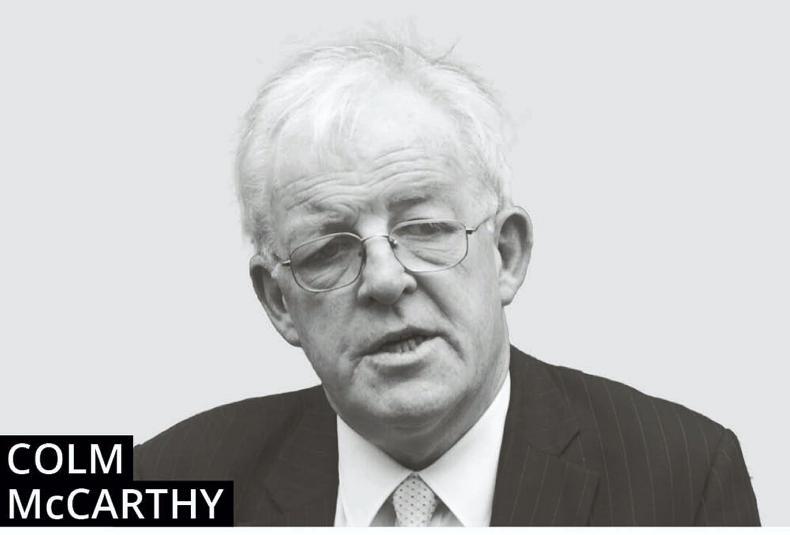Donald Trump’s trip to meet “little Rocket Man” in Singapore followed a petulant performance at the G7 summit in Canada last week. Trump does not believe in multilateral organisations, even elite ones confined to a handful of powerful countries. Having unilaterally declared a trade war with his Canadian hosts and the other fellow delegates, the principal allies of the US in the world, he instructed his officials to object after the event to the communique as issued. The G7 consists of Canada, the US, Japan and four European countries (France, Germany, Italy and the UK). It used to meet as the G8 but Russia was excluded, at the behest of the US. Trump supports sanctions against Russia for assorted misdemeanours (invading neighbouring countries and annexing bits of them, for example) but proceeded to propose the re-admission of Russia to the G7, to the blank incomprehension of all present.
Trump’s anarchic diplomacy looks like an extension of his successful career on celebrity TV, a fresh plot line every week and no tiresome consistency. Trump’s political success in America in 2016 was due to his fame as a TV star rather than to his (patchy) business record, something which is under-appreciated in Europe. The trade war unfortunately is much more serious and comes without the entertainment value.
The US is a member of the World Trade Organisation, as are 163 other countries around the world, including every one that matters in terms of foreign trade volumes. The WTO dates (via a predecessor organisation – there was a re-vamp in the 1990s) from the immediate aftermath of World War II. Most other key units of the modern world order also date from the late 1940s, including the IMF, the World Bank and the United Nations in its current form. The world trading system broke down during the war, as did the financial system. The lead role in reconstructing international commerce through these multilateral bodies was taken by the victors in that war, especially the United States.
The WTO has managed to reduce sharply the obstacles to international trade, particularly tariffs and quotas on imports, by negotiation, and it has admitted China, Russia and other post-communist countries to membership. The WTO is based in Geneva and oversees a rulebook and a process for dispute resolution. Peter Sutherland, the Irish lawyer and businessman who passed away in January, was its director general in the 1990s.
Thread
The US under Trump has become a threat to the functioning of the international trading system whose construction was in large degree an American achievement. He is suspicious of all multinational organisations, including the United Nations, and has embarked on the undermining of the North American Free Trade Area (NAFTA) which links the economy of the US with those of neighbouring Canada and Mexico. Trump is no fan of the European Union either and has applauded the UK’s decision to quit. It is saddening to see various Brexiteer politicians place their faith in a future trade deal for Britain with Trump’s US – the equivalent of adopting a piranha for a pet.
The unilateral announcement by Trump’s administration of steep tariffs on aluminium and steel is, on the face of it, a breach of WTO rules. Ireland has no steel industry but the Aughinish alumina plant in Co Limerick could be affected. There is a get-out clause in the WTO rulebook which says member countries can act unilaterally when national security is at risk, but there are safeguards. You cannot impose a tariff arbitrarily with national security as an excuse, there is a complaint and arbitration procedure which the affected countries will invoke. They will doubtless cite Trump’s overtly protectionist rhetoric as evidence that these tariffs have nothing to do with national security.
Retaliatory tariffs
More importantly, they are entitled to slap retaliatory tariffs on US exports and have announced their intention to do so. The WTO dispute resolution procedures take time, possibly years, but the tariff war could get going in months. Trump has also been seeking to undermine these procedures through declining to nominate US representatives to the WTO panels.
There has not been an all-out trade war, with competitive tariff escalation, in modern times, a tribute to the architecture of the system nurtured by the US, Europe and Japan down the years. The president of the US has now chosen, in pursuit of nothing more than a ratings war on Twitter, to threaten serious damage to the economies of the US and its allies. The European leaders at the G7 meeting have proposed a process of political engagement designed to limit the damage, ensuring further excitement and lots more presidential tweets. Perhaps the US electorate will intervene at November’s mid-term elections, where Trump’s Republican Party could lose control of Congress.









SHARING OPTIONS